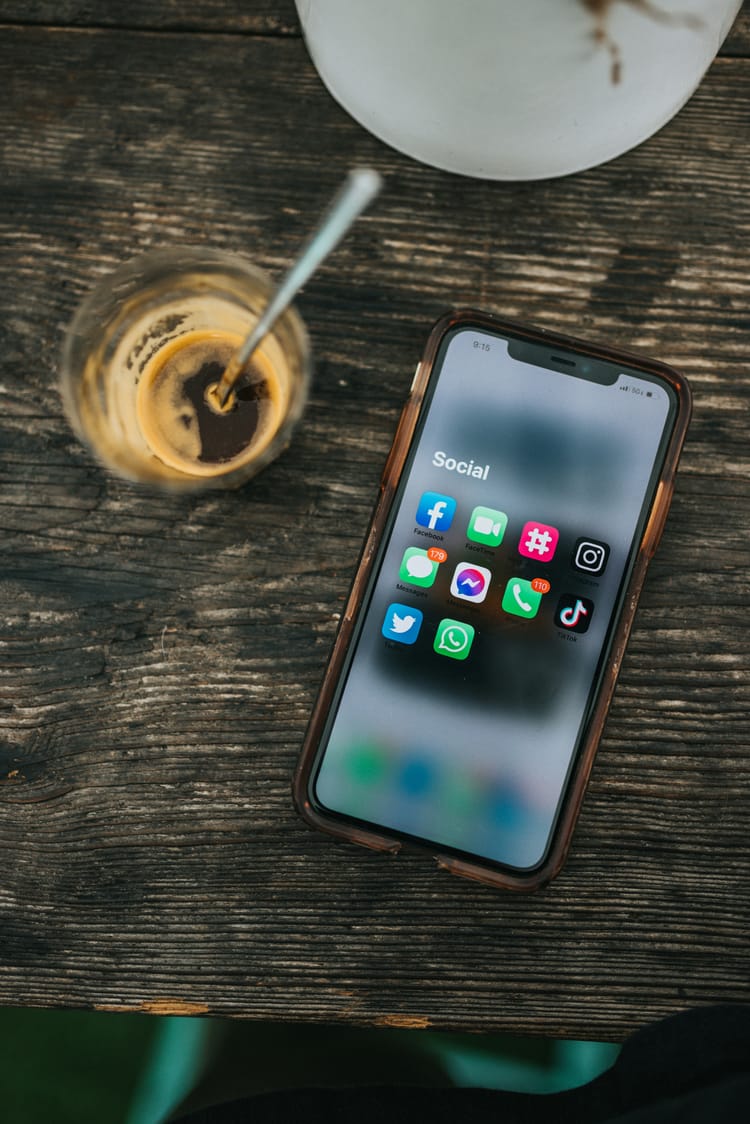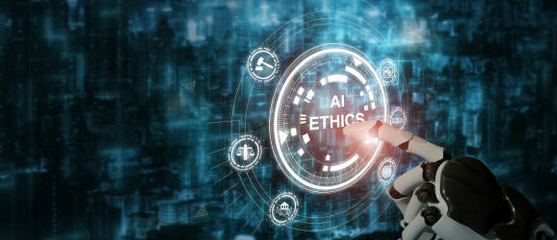Analyzing The Gaps in AI-Powered Mental Health Apps: My Thoughts

Over the past few months, my friend, a clinical psychologist, and I have evaluated over 30 mental health apps. I personally tested more than 15 of these products, hoping to find one that delivered meaningful results. Disappointingly, none did.
The problem isn't technology but the assumption that therapy is just pattern recognition & that Al can replace human presence. Let me break down my thoughts in detail:
- My interest in mental health apps stems from my own experience. I am diagnosed with ADHD [Combined Presentation (ADHD-C)], and I was hoping to find an app that could help me manage my symptoms. I was looking for something that offered personalized guidance, practical strategies, and meaningful support. Unfortunately, none of the apps I tried provided the kind of tailored care I needed. Many claimed to offer "personalized" solutions, yet they often relied on symptom checklists and provided generic advice. Real therapists, however, adapt dynamically, modifying their approach based on subtle cues and shifts in the patient’s behavior. While AI excels at pattern recognition, it still struggles to offer the kind of adaptive care that experienced therapists provide.
- Most current AI models are designed to mimic conversation, but therapy is more than just words. It relies on trust, subtle micro-expressions, and intuitive emotional calibration, elements that AI still struggles to grasp. While language models like ChatGPT can generate seemingly empathetic responses, they don't actually 'feel' anything, and patients can tell the difference. I believe that true emotional presence is what fosters connection in therapy, and that is something AI is yet to achieve.
- Most AI mental health solutions are trained on Western psychological frameworks, which fail to resonate with the unique social fabric of India. I strongly believe that mental health struggles in India are deeply intertwined with cultural norms, from the pressures of arranged marriages to the burden of parental expectations in an IIT-obsessed society. An AI chatbot designed around Cognitive Behavioral Therapy (CBT) principles from Western universities is unlikely to understand these nuances.
Some thoughts on how Al in Mental Health could actually work:
- AI could act as a powerful co-pilot for therapists, helping analyze past session data to identify patterns in patient behavior. By providing structured insights on progress, it could empower therapists to make better-informed decisions. In this model, AI enhances therapy instead of attempting to substitute the human connection that's essential for healing.
- AI's strength in recognizing patterns could be harnessed to detect early signs of declining mental health. By analyzing speech patterns, writing styles, and biometric data, AI could flag concerns before they escalate. Crucially, the interpretation of this data and the intervention should remain in the hands of a qualified therapist.
- For AI to be effective in India, it must be trained on culturally relevant data. Solutions should be developed in collaboration with Indian psychologists, using regional languages and culturally-aware therapy models. An AI that understands the shame often tied to divorce or the anxiety driven by societal pressure would connect far better with Indian users than a one-size-fits-all model.
After thoroughly examining this landscape, I believe that the real opportunity for AI in mental health lies in amplifying what humans do best. Founders working in this space should focus on integrating AI where it excels like data analysis, early diagnosis, and habit formation, while preserving the deeply human aspects of therapy like trust, emotional intuition, and meaningful connection.
Al in mental health isn't about Al being human. It's about Al making humans better. That's where the real opportunity lies.



Comments ()